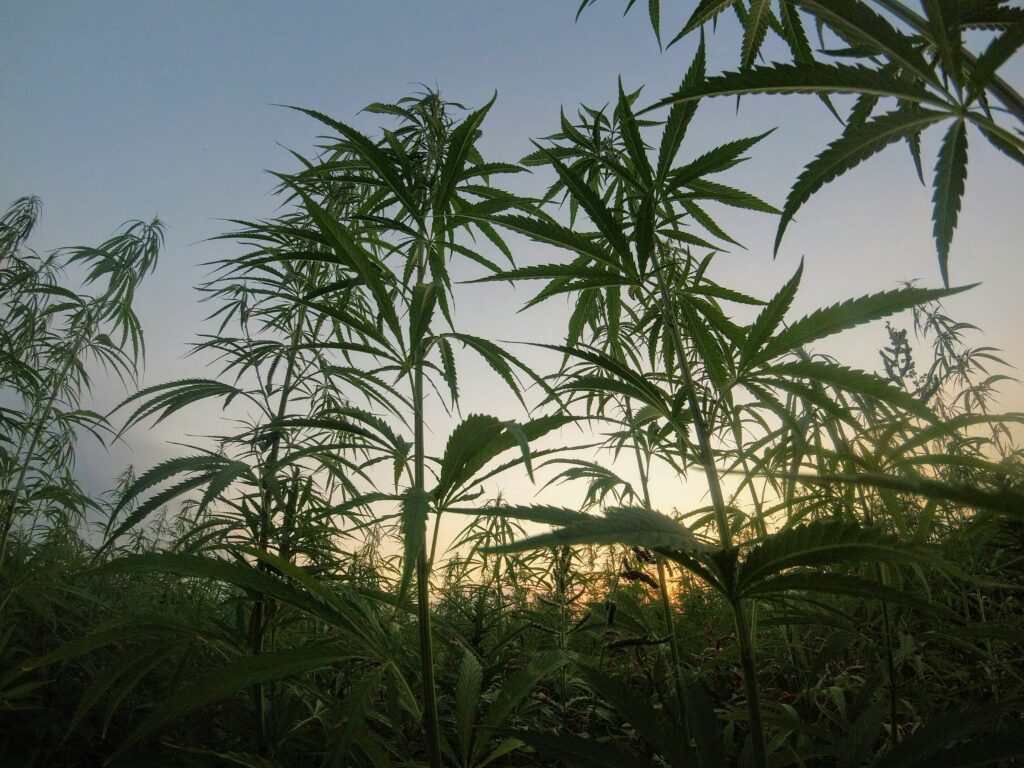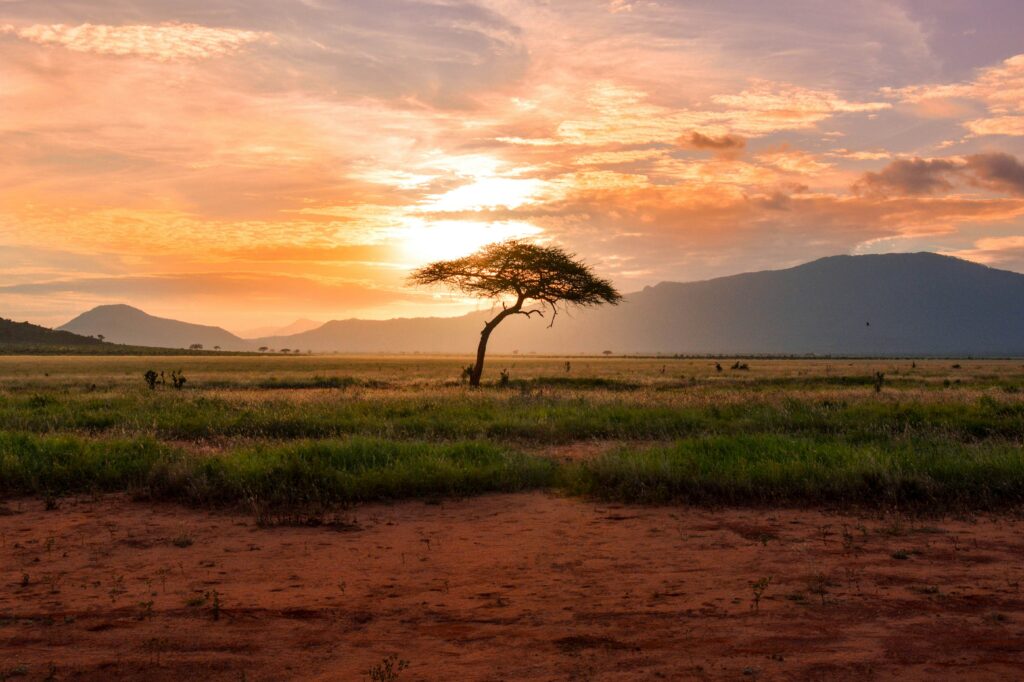The Arrival of Cannabis in Africa
Cannabis has played a complex and evolving role in Africa’s history. Though indigenous to Central Asia, the plant was introduced to the African continent by early Arab and Indian traders, likely as early as the 13th century. Over time, cannabis—known as mbanje in Zimbabwe, banga in Cameroon, and dagga in South Africa—became deeply integrated into medicine, agriculture, spirituality, and trade.
Today, as cannabis legalization spreads across the world, African nations are re-evaluating their relationship with the plant—balancing its historical significance with modern regulatory frameworks.
Cannabis in Early African Societies
The introduction of cannabis to Africa coincided with the rise of regional trade networks, particularly along the East African coast and into Southern and Central Africa. Some of the earliest documented uses of cannabis in Africa include:
- Medicinal Use – Many African communities adopted cannabis for pain relief, respiratory conditions, and digestive disorders. Among the Basotho people of Lesotho, for example, cannabis was used to ease childbirth pain.
- Spiritual & Ritualistic Use – Some African cultures used cannabis in religious and spiritual ceremonies. Among the Zulu warriors, cannabis was believed to enhance focus and courage before battle.
- Recreational & Social Use – In regions like the Binga district of Zimbabwe, cannabis consumption was part of communal gatherings, often smoked or brewed into teas.
- Agricultural & Economic Impact – Cannabis was not only used medicinally and culturally—it also became an important crop, grown for both local use and trade.

Colonial Crackdowns & Criminalization
Despite its deep integration into African society, cannabis faced harsh opposition from European colonial powers.
By the late 19th and early 20th centuries, colonial governments across Africa began banning or restricting cannabis use, introducing harsh punishments for cultivation and consumption. Under British and French rule, cannabis was classified as an illegal narcotic, disrupting traditional medicine and marginalizing communities that depended on the plant for livelihood.
The Role of Cannabis in African Agriculture & Economy
Despite historical criminalization, cannabis has remained a significant agricultural crop in many parts of Africa, particularly in rural and mountainous regions where it thrives naturally.
In Lesotho and Malawi, cannabis farming has long been a primary source of income, especially as declining tobacco revenue pushes farmers toward alternative crops. In Morocco, the Rif Mountains have served as a historic hub for cannabis cultivation, with entire communities relying on the crop for economic survival. Meanwhile, in Nigeria and Ghana, cannabis farming persists despite legal restrictions, with cultivation supporting both local use and the underground export market. While policies are shifting in some regions, cannabis remains a crucial agricultural and economic resource for many African farmers.
Modern Legalization & Policy Shifts Across Africa
With the global shift toward cannabis legalization, several African nations are now reconsidering their restrictive policies. Governments are beginning to recognize cannabis’s potential as a legal industry, balancing economic benefits with public health considerations.
Key Developments in African Cannabis Policy
- South Africa – In 2018, the Constitutional Court ruled that adults could grow and use cannabis privately, though commercial sales remain restricted.
- Morocco – In 2021, Morocco legalized cannabis cultivation for medical and industrial use, aiming to regulate its historic cannabis farming industry.
- Lesotho – In 2017, Lesotho became the first African country to grant licenses for commercial cultivation of cannabis for medical and scientific purposes.
While many African nations still criminalize cannabis, the economic and medicinal potential of the plant is driving policy reforms. Countries are increasingly weighing the benefits of regulation, particularly as international markets demand legal cannabis exports.

The Future of Cannabis in Africa
Cannabis has a long history in Africa, deeply embedded in traditional medicine, agriculture, and livelihoods despite colonial-era bans. Today, as legalization gains momentum, Africa faces a pivotal moment. Government regulations will determine whether nations fully legalize cannabis or opt for partial decriminalization, impacting accessibility and market potential. Countries like Lesotho and Morocco have embraced cannabis exports, raising the question of whether others will follow.
Beyond economics, the challenge lies in integrating traditional African healing practices into modern cannabis research while ensuring social equity. Many communities once reliant on cannabis farming suffered under colonial drug laws—will legalization uplift small-scale farmers or favor large corporations?
With shifting policies and global acceptance, Africa has the opportunity to redefine its cannabis industry, balancing economic growth, cultural preservation, and regulation. The legacy of cannabis in Africa is far from over—it is evolving.






